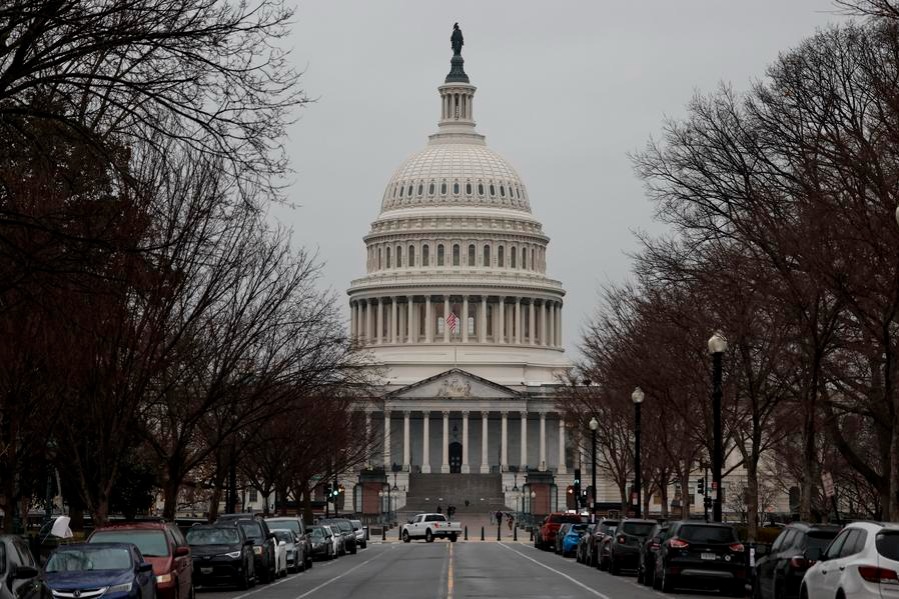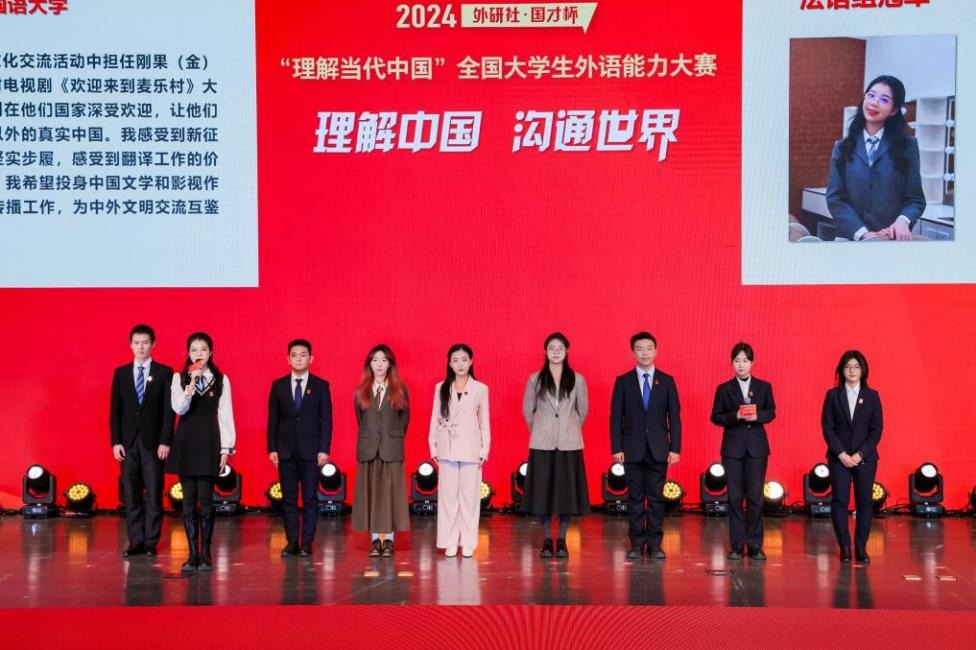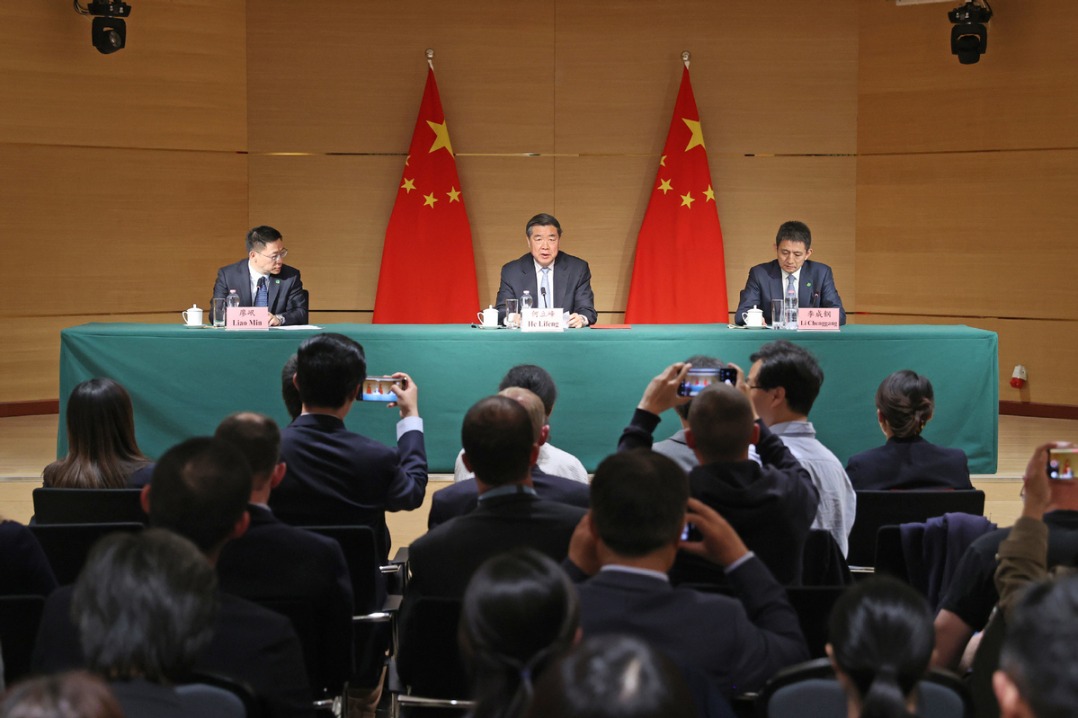Japanese arrivals in China set to increase
Tourism experts hail reinstatement of visa-free access for short-term visitors
By Jiang Xueqing in Tokyo | China Daily | Updated: 2024-12-11 09:57
China's reinstatement of the short-term visa waiver for Japanese visitors will accelerate the recovery of Japanese travel to China and foster stronger exchanges between the two nations, tourism professionals said.
China's Foreign Ministry announced on Nov 22 that the requirement for short-term visas for Japanese nationals holding ordinary passports will be waived from Nov 30 through the end of next year. The maximum visa-free stay was also extended to 30 days, up from the previous 15-day limit. This policy had been suspended in March 2020 due to the COVID-19 pandemic.
Ouyang An, director of the China National Tourism Office in Tokyo, said the resumption of the visa-free arrangement has received unanimous praise and widespread attention from both the Japanese tourism industry and the public. Since last year, Japanese nationals and tourism professionals have frequently contacted the office to inquire about the reinstatement of the visa-free policy.
"The number of Japanese tourists visiting the Chinese mainland is gradually recovering," Ouyang said. "The return of the visa-free arrangement for short-term Japanese visitors will greatly encourage major Japanese travel agencies to develop more tourism products and routes tailored to the Chinese mainland, providing further momentum for Japanese tourists to explore the country."
He added that many Japanese travel agencies have shown keen interest in reinvesting in and developing China-focused tourism products, with some already making progress in this area.
Following the end of the pandemic, Hankyu Travel International, one of Japan's leading travel agencies, began creating promotional materials for travel to China in February 2024.
According to Atsushi Sakai, the company's president, the situation has since shown promising improvement. The number of Japanese business travelers visiting China through the agency is also gradually recovering.
Starting in January next year, the company plans to launch new promotional campaigns to further boost travel to China.
"Since the announcement of China's visa-free policy, the daily average of Japanese customers booking China tour packages through our company has tripled compared to before the policy was introduced," Sakai said.
Bookings surge
Kozo Arita, executive officer and general manager of outbound travel sales headquarters at HIS, another major travel agency in Japan, noted that in the five days before and after the reintroduction of the visa-free scheme, online bookings for flights to China surged by approximately 156 percent, signaling strong interest.
Arita explained that obtaining a visa has traditionally been a time-consuming and complex process, requiring travelers to complete application forms and visit the Chinese Visa Application Service Center or consulates to submit and receive documents. This process was especially challenging for those living in remote areas.
"With the removal of these obstacles through the visa exemption, it has become easier for travelers to choose China as their destination. This is also expected to create a significant business opportunity for our company," Arita said.
Although business travel is currently leading the way, he anticipates that the number of travelers for various purposes, including tourism, academic activities, and intercity exchanges, will rise.
"As people-to-people exchanges grow, mutual understanding between the two nations is expected to deepen, ultimately fostering positive developments in Japan-China relations at the grassroots level over the medium to long term," he added.
Kuniharu Ebina, president of the Japan Association of Travel Agents, or JATA, expressed optimism about the resurgence of leisure travel demand.
JATA plans to urge travel agencies to intensify promotional efforts to showcase China's appeal. This includes not only classic destinations but also new and innovative tourism experiences that spark interest and excitement.
"If outbound demand picks up thanks to the visa exemptions, we can expect further recovery of airline routes and stronger exchanges with regional cities," Ebina said.
"As travel products, which have mainly focused on major cities like Beijing and Shanghai, expand to include regional destinations, we hope that local-level exchanges, such as sister-city exchanges, will gain momentum."
























